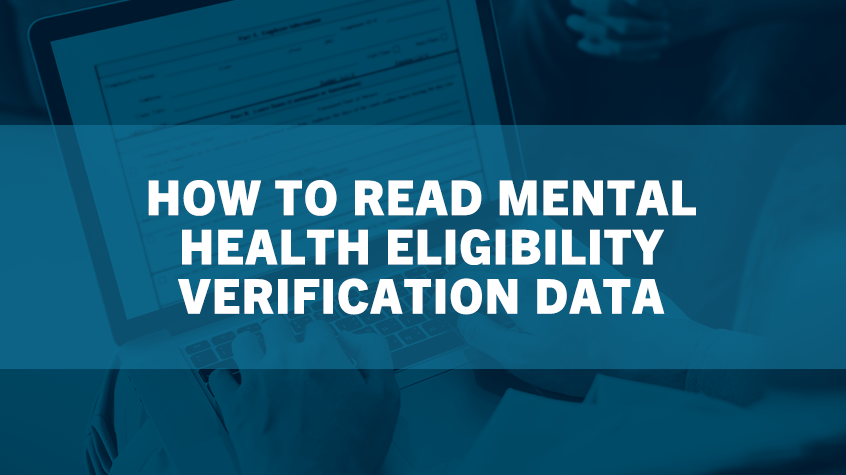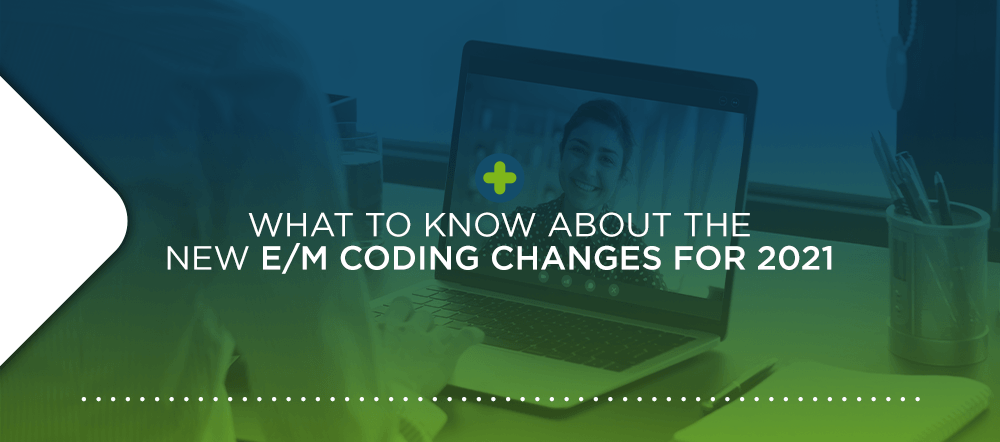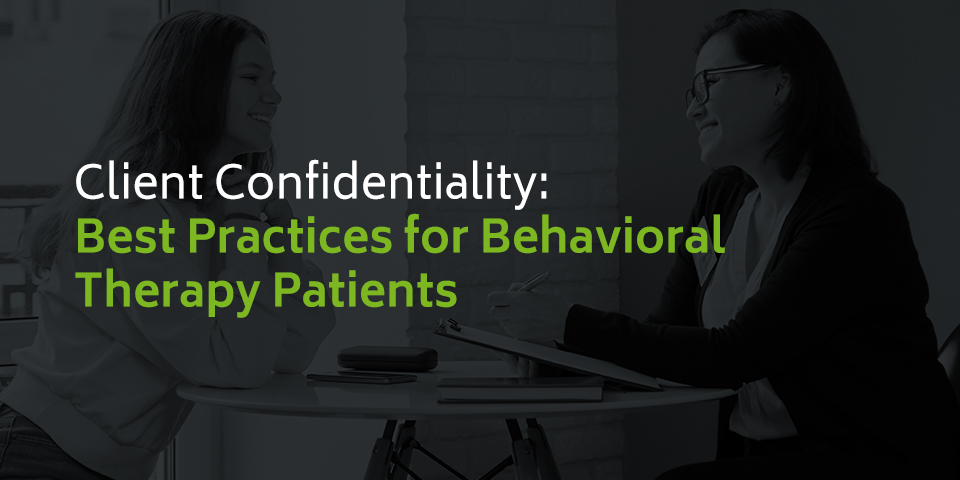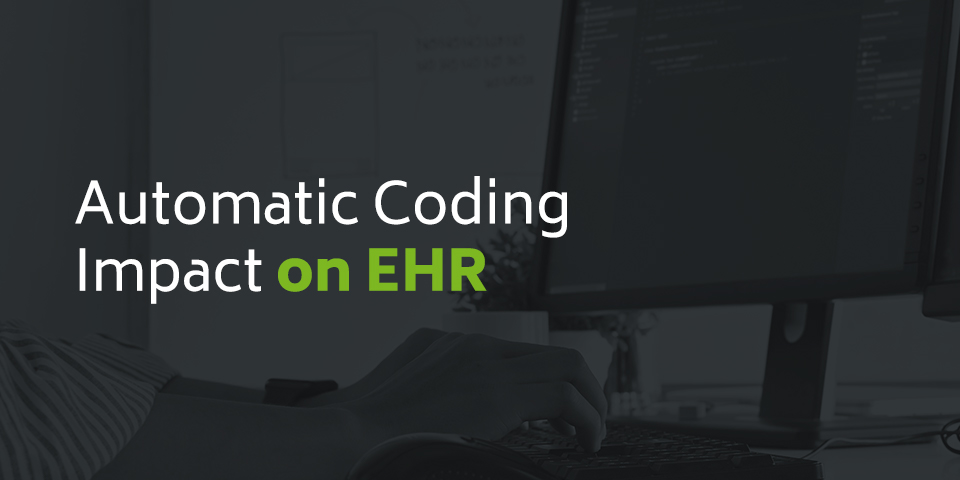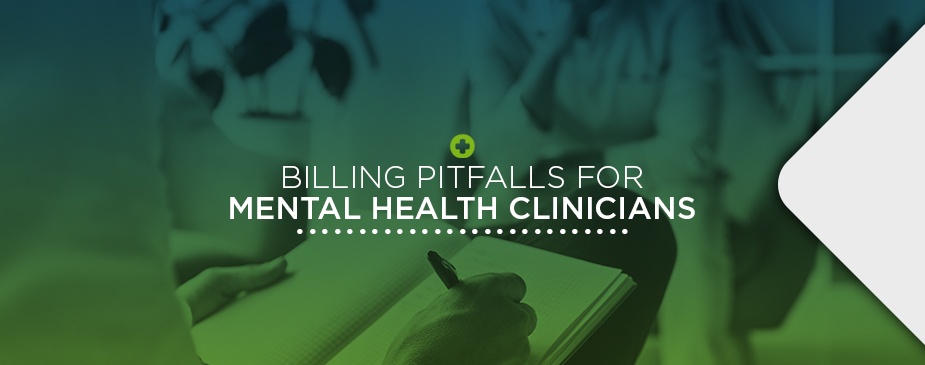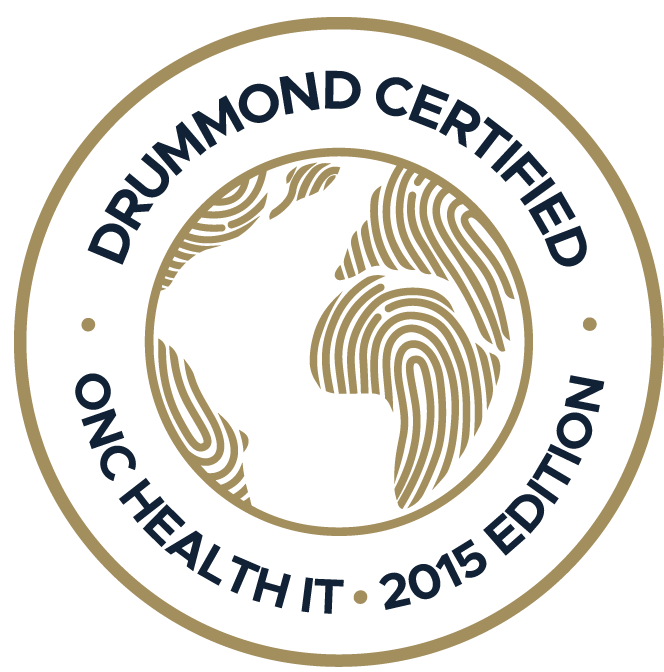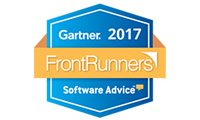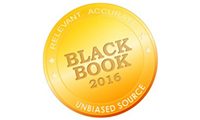Medicaid Compliant EHR Software
Solutions for Your Practice
Achieving and maintaining compliance with various state and federal regulations is something that every behavioral health practice must be able to do. In 2019, there are a variety of entities and regulations that govern compliance on a variety of levels. Your electronic health records (EHR) system must be up to date with all applicable regulations if you want your practice to remain in the good graces of the many regulating bodies that demand compliance.
Becoming familiar with the entities that require and demand compliance is the first step to determining the suitability of your EHR.
Start Free Trial
Medicaid Quick Facts:
Official Title: Medicaid
Year Enacted: 1965
Aliases: Medical Assistance (MA), Children's Health Insurance Program (CHIP)
Jurisdiction: State and Regional, A/B and DME Medicare Administrative Contractors (MAC)
Most Recent Update to Medicaid: August 2019, Medicaid receives expansions on a state-by-state basis. Some are still currently deciding on new Medicaid rules and regulations.
Medicaid Compliance & Enforcement: The Centers for Medicare & Medicaid Services (CMS)
What Is Medicaid?
Medicaid extends health coverage to millions of Americans. Low-income adults, children, pregnant women, people with disabilities and the elderly are the primary recipients of Medicaid. The program is run by states according to federal requirements and receives joint funding from both systems.
The amount, type, duration and scope of services available under Medicaid are established by individual states. Federal law includes a few mandatory benefits. Individual states may cover other benefits. Mandatory benefits include:
- Inpatient hospital services
- Outpatient hospital services
- Physician services
- Lab and X-ray services
- Home health services
Some of the common voluntary benefits set by states include things like physical therapy, prescription drugs and vision coverage.
Patient Rights Under Medicaid
Medicaid does not protect patient rights in and of itself. Instead, it adheres to the protections included in the new rights in the Affordable Care Act (ACA), such as:
- Requiring insurance plans to cover people with pre-existing health conditions, including pregnancy, without charging more.
- Providing free preventive care.
- Giving young adults more coverage options.
- Ending lifetime and yearly dollar limits on coverage of essential health benefits.
- Helping patients understand the coverage they are getting.
- Holding insurance companies accountable for rate increases.
- Making it illegal for health insurance companies to cancel health insurance just because a patient gets sick.
- Protecting patient choice of doctors.
- Protecting patients from employer retaliation.
Healthcare providers participating in Medicaid are also expected to adhere to the Health Insurance Portability and Accountability Act (HIPAA) of 1996, which, together with laws like the Health Information Technology for Economic and Clinical Health (HITECH) Act of 2009, places strict rules on how clinicians can handle patient information. EHR technology needs to be HIPAA-compliant if psychiatrists want to stay compliant with Medicaid.
Most Common Medicaid Violations for Behavioral Health Providers
Other than adherence to HIPAA and HITECH, Medicaid compliance is about avoiding fraud. These are some of the violations mental health providers need to be aware of:
- False claims
- Improper employee training or lack thereof
- Stark Law violations
- Anti-Kickback Statute violations
- Medicaid fraud
- Phantom billing
- Patient billing fraud
- Upcoding scheme and unbundling
- Exclusion Statute
The Office of Inspector General (OIG) within the Department of Health and Human Services (HHS) monitors for these violations and enforces penalties. The range of civil and criminal penalties for Medicaid fraud include fines up to $25,000 to prison terms up to 10 years.
Medicaid and EHR Incentives
Mental and behavioral health providers who want to receive incentives must participate in the Promoting Interoperability (PI) Program. There are several important differences between the EHR Incentive Programs for Medicare and Medicaid.
- Program administration: The federal government administers the Medicare EHR Incentive Program, while states administer the Medicaid EHR Incentive program on a voluntary basis.
- Common definition: The Medicare EHR Incentive Program operates on a common definition of meaningful use, now known as Promoting Interoperability. Medicaid programs can add additional requirements for meaningful use of EHRs.
Frequently Asked Questions About Medicaid
Despite the number of Medicaid patients behavioral health professionals treat, many providers still have questions about how it works. These are five of the most common.
Medicaid Compliance and EHRs
To meet the demands of Medicaid and earn incentives, you need to follow the guidelines of the Medicaid EHR Incentive Program, which has now pivoted to the Promoting Interoperability Program. The central requirement is choosing an EHR technology certified by the Office of the National Coordinator (ONC).
Certified EHR Technology (CEHRT) meets the requirements for protected health information (PHI) security laid out by HIPAA, the most stringent of all compliance regulations. Some features you should expect in CEHRT include:
- Access controls
- User authentication
- Audit trails
- Alarm and event reporting
- Encryption
Medicaid Compliance with ICANotes
Compliance with major regulations and payment systems is a constant struggle for behavioral health clinicians without an EHR, or with a behavioral health EHR designed for use by physicians. ICANotes was built specifically to address the unique needs of mental health professionals in documentation for compliance and better quality care. With lightning-fast and accurate notes alongside robust security and interoperability, ICANotes allows clinicians to spend less time on compliance and more time on care.
To see the innovation of ICANotes in action, we invite you to request a live demo or try the solution out for yourself with a free trial of our EHR software.
More Resources on Behavioral Health Compliance
Why Narrative Behavioral Health Progress Notes Matter
Why Narrative Behavioral Health Progress Notes Matter: How ICANotes Makes Charting Effortless…
Read MoreInformed Consent and AI in Healthcare: Ethical Considerations for Behavioral Health Providers
Informed Consent and AI in Healthcare: Ethical Considerations for Behavioral Health Providers…
Read MoreCPT Code 96127: Guide to Mental Health Screening Reimbursement
What is CPT Code 96127 and How Does it Affect Your Income?…
Read MoreWhat Out-of-Network Clinicians Need to Know About Insurance
What Providers Need to Know About Out of Network Reimbursement An out…
Read MoreRecent DSM-5-TR Updates
Recent DSM-5-TR Updates As a behavioral health professional, it’s essential to stay…
Read More6 Reasons Why You Should Avoid Medical Transcribing Services
6 Reasons Why You Should AvoidMedical Transcribing Services Amidst record rates of…
Read MoreAdding and Updating Digital Contact Information in NPPES
Behavioral health providers are no strangers to collaboration and patient file exchanges.…
Read MoreCMS-1500 Claim Form Guide: Accurate Billing for Behavioral Health Providers
A CMS 1500 form is a claim form you will often use…
Read MorePutting Together a Good Faith Estimate
Healthcare rules and regulations are constantly changing. In late 2021, Congress passed…
Read MoreComplete Guide to Mental Health & Behavioral Health Billing
Complete Guide to Mental Health & Behavioral Health Billing If you’re looking…
Read MoreHow to Read Mental Health Eligibility Verification Data
Working with insurance can often be one of the most frustrating aspects…
Read MoreHow to get on an Insurance Panel for Mental Health: Step-by-Step Guide
How to Get on an Insurance Panel for Mental Health Professionals Insurance…
Read MoreMental Health Billing Tips for 2022
When you provide mental health care to your clients, your goal is…
Read MoreHow to Choose a Clearinghouse
As a mental and behavioral healthcare provider, you want to give your…
Read MoreWhy You Should Share Behavioral Health Notes With Patients
Sharing Behavioral Health Notes with Patients You might feel a little nervous…
Read MoreWhat to Know About the New E/M Coding Changes for 2022
The Centers for Medicare and Medicaid Services (CMS) and the American Medical…
Read MoreClient Confidentiality in Behavioral Therapy: Best Practices for Therapists
Client Confidentiality: Best Practices for Mental Health Therapists Client confidentiality is a…
Read MoreAutomatic Coding Impact on EHR
Computer-assisted coding (CAC) is a time-saving tool that accelerates the coding and…
Read MoreBilling Pitfalls for Mental Health Clinicians
As a mental health clinician, you may have faced billing issues that…
Read MoreTop 5 Reasons Behavioral Health Professionals Get Sued
The role of a behavioral health professional comes with a significant amount…
Read MoreIntuitive, Accessible, Time-Saving
ICANotes - the only EHR software that actually thinks like a clinician.











